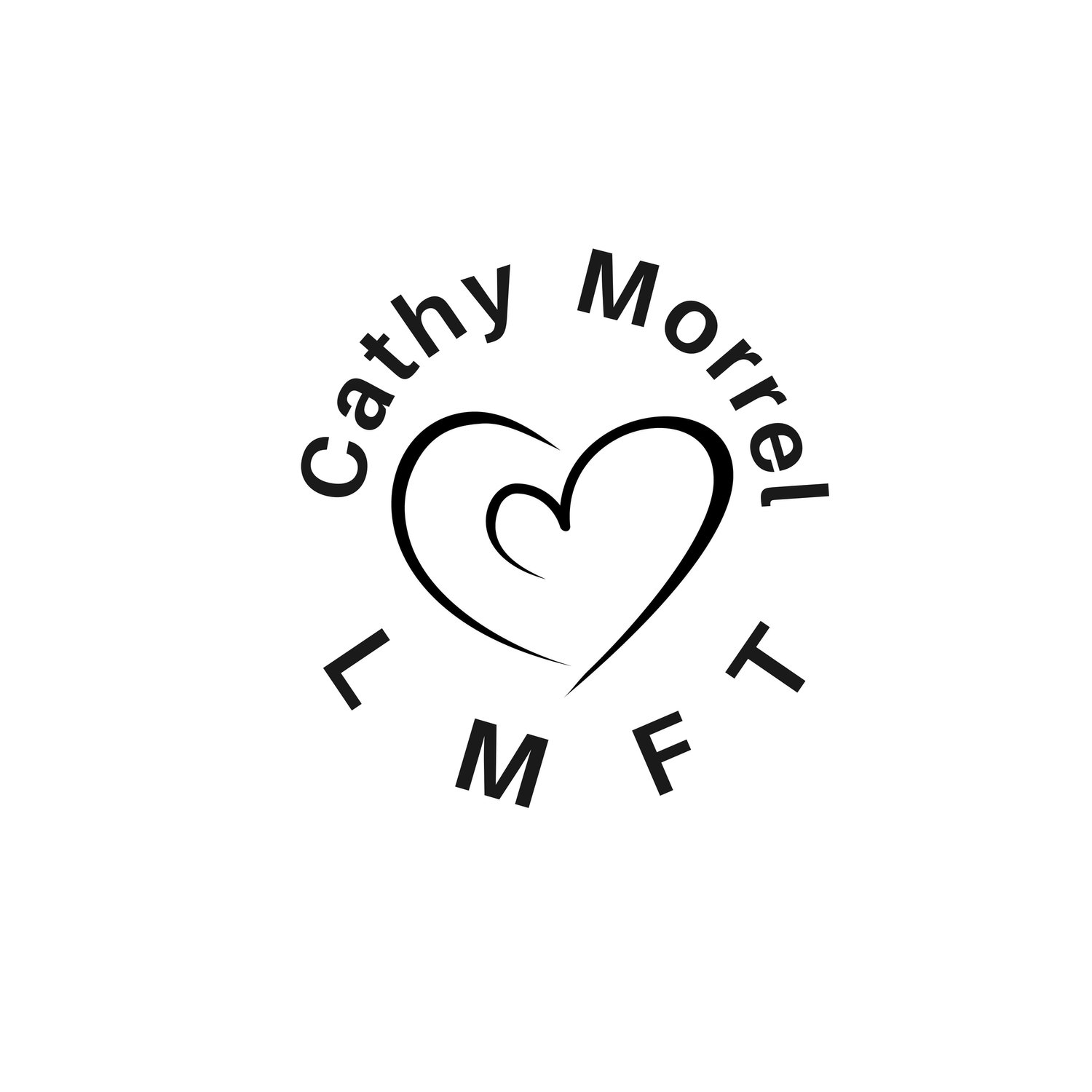
LGBTQIA+
The LGBTQIA+ community often has unique needs in therapy.
COMMON NEEDS OF THE LGBTQIA+ COMMUNITY
The LGBTQ community faces unique challenges that can lead to mental health problems, such as anxiety, depression, and substance abuse. LGBTQ individuals may also experience discrimination, rejection, and internalized homophobia. These challenges can make it difficult for LGBTQ individuals to seek help when they need it.
Counseling can provide a safe and supportive space for LGBTQ individuals to discuss their experiences and develop coping mechanisms. Counselors can also help LGBTQ individuals to connect with other LGBTQ people and to find resources in their community.
Here are some of the needs that members of the LGBTQ community have in counseling:
A safe and supportive space to discuss their experiences. LGBTQ individuals often feel isolated and alone. Counseling can provide a safe space for LGBTQ individuals to discuss their experiences with someone who understands and can empathize.
Help to cope with discrimination and rejection. LGBTQ individuals often experience discrimination and rejection. Counseling can help LGBTQ individuals to cope with these experiences and to develop strategies for dealing with them.
Help to deal with internalized homophobia. Internalized homophobia is the negative feelings that LGBTQ individuals have about themselves because of their sexual orientation or gender identity. Counseling can help LGBTQ individuals to deal with internalized homophobia and to develop a positive sense of self-worth.
Help to connect with other LGBTQ people. LGBTQ individuals often feel isolated from other LGBTQ people. Counseling can help LGBTQ individuals to connect with other LGBTQ people and to find resources in their community.
Help to find resources in their community. Counseling can help LGBTQ individuals to find resources in their community, such as support groups, LGBTQ-friendly therapists, and other resources.
Counseling can be a valuable resource for LGBTQIA people who are struggling with these challenges. A good counselor can provide support, education, and coping skills. They can also help LGBTQIA people to develop a strong sense of self-acceptance.
When choosing a counselor, it is important to find someone who is experienced in working with LGBTQIA people. The counselor should be able to create a safe and supportive space for the client to explore their identity and challenges. They should also be able to provide the client with the tools they need to cope with the challenges they face.
Here are some tips for finding a good counselor for LGBTQIA people:
Ask your friends, family, or community members for recommendations.
Make sure the counselor has experience working with LGBTQIA people.
Schedule a consultation with the counselor to see if you feel comfortable with them.
Counseling can be a valuable resource for LGBTQIA people who are struggling with the challenges they face. By finding a good counselor, LGBTQIA people can get the support they need to live happy and healthy lives.
In addition to the challenges mentioned above, LGBTQIA people may also face unique challenges related to their gender identity or sexual orientation. For example, transgender people may experience dysphoria, which is a feeling of distress caused by the mismatch between their gender identity and their assigned sex at birth. Lesbian, gay, and bisexual people may face discrimination from their families, friends, or community members.
Counselors who work with LGBTQIA people can help them to address these challenges in a number of ways. They can provide support and education, help clients to develop coping skills, and advocate for their clients' rights. Counselors can also help clients to connect with LGBTQIA-affirming resources in their community.
If you are an LGBTQIA person who is struggling with mental health challenges, there is help available. You can find a counselor who is experienced in working with LGBTQIA people by searching online or asking your friends, family, or community members for recommendations. Contact me here for a free consultation.



